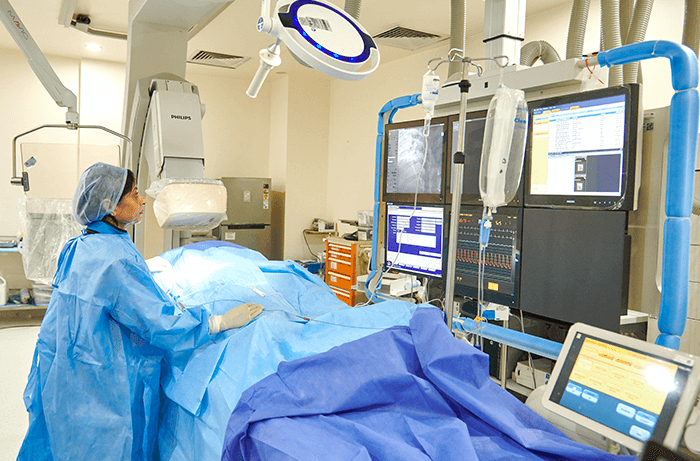×
Select Your Country
 International
International

×
Select Your Country
 International
International


Kawasaki Disease Clinic
Kawasaki Disease (KD) is most commonly seen in Asian children. It causes inflammation in the body, typically in the blood vessels and lymph nodes. It mostly affects children under the age of 5. While the symptoms usually start with a fever, the red flags are when the fever lasts for more than five days, and the child begins to have a strawberry coloured tongue, swollen hands and feet, joint pain, abdominal pain and the peeling of the skin.
While Kawasaki disease is usually treatable, it is one of the most common causes of heart disease in children. This is the reason we have a dedicated Kawasaki Disease Clinic at Manipal Hospitals to nip the disease in the bud before it exacerbates.
In order to diagnose, and either rule out or confirm Kawasaki Disease, our paediatrians may put your child through a few tests such as the Echocardiograph or ECG to check for irregular heartbeat, blood tests where a there may be an elevated white blood cell count, low red blood cell count, and inflammation if it is indeed KD, and a chest X-ray to look for signs of heart failure and inflammation.
Initial treatments include aspirin and intravenous immunoglobulin therapy.